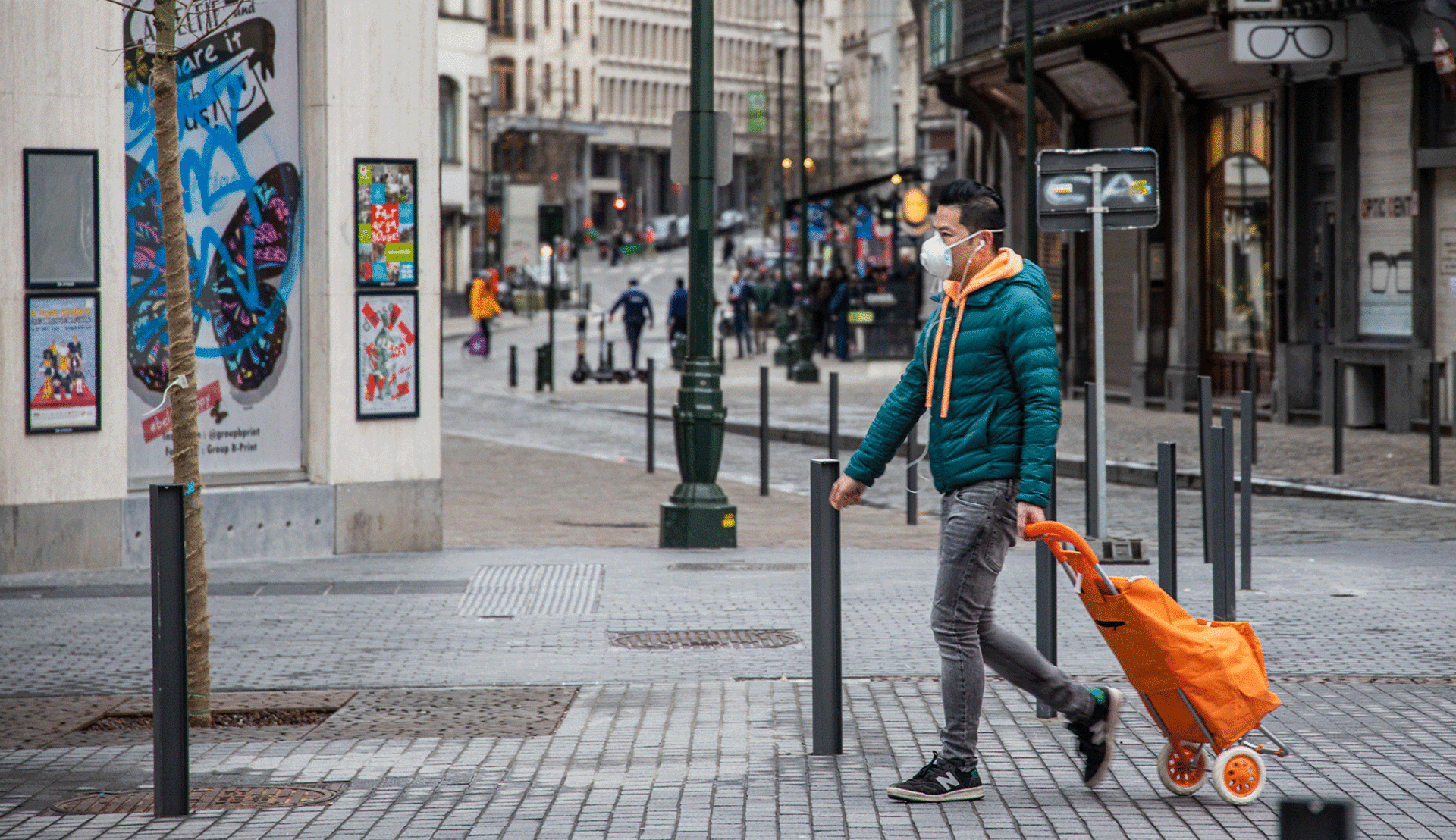As response efforts to the COVID-19 pandemic see people self-isolating, quarantining and social distancing en masse as businesses, communities and countries are systematically shutting down, mental health concerns are mounting. Trusted health leaders around the world—including the American Centers for Disease Control and Prevention (CDC), the British National Health Services (NHS) and the World Health Organization (WHO)—have warned that anxiety and depression are spiking globally in tandem with the spread of COVID-19.
The pandemic is washing the world in fear, uncertainty and stress, trailing mounting mental health concerns in its wake. Among WHO’s guidelines for coping with COVID-19 is the recommendation that individuals “find opportunities to amplify positive and hopeful stories.” To prevent a paranoia pandemic, global leaders are prescribing a healthy dose of positivity—and platforms, brands, and individuals are heeding this advice with new efforts meant to spread joy and optimism.
Coping through content
Content platforms are working to consciously promote positivity. On March 23, 2020, i-D introduced a weekly coronavirus good news bulletin highlighting “hopeful stories from the pandemic…to inspire optimism and hope as we adapt to our new normal,” the publication wrote. Elle UK is also encouraging optimism with a list of 25 “coronavirus-related good news stories” published on March 23, 2020.
In addition to seeking out uplifting stories, people are turning to entertainment platforms for a moment of relief and respite. According to March 2020 findings from Nielsen, media consumption in the US is at historic highs and is projected to grow as people stay home, following patterns observed during natural disasters like Hurricane Harvey in 2017 and a major snowstorm in 2016. “During crisis events,” Nielsen explains, “media users ramp up their media consumption to stay informed, kill time, find solace and stay in touch with others.”



